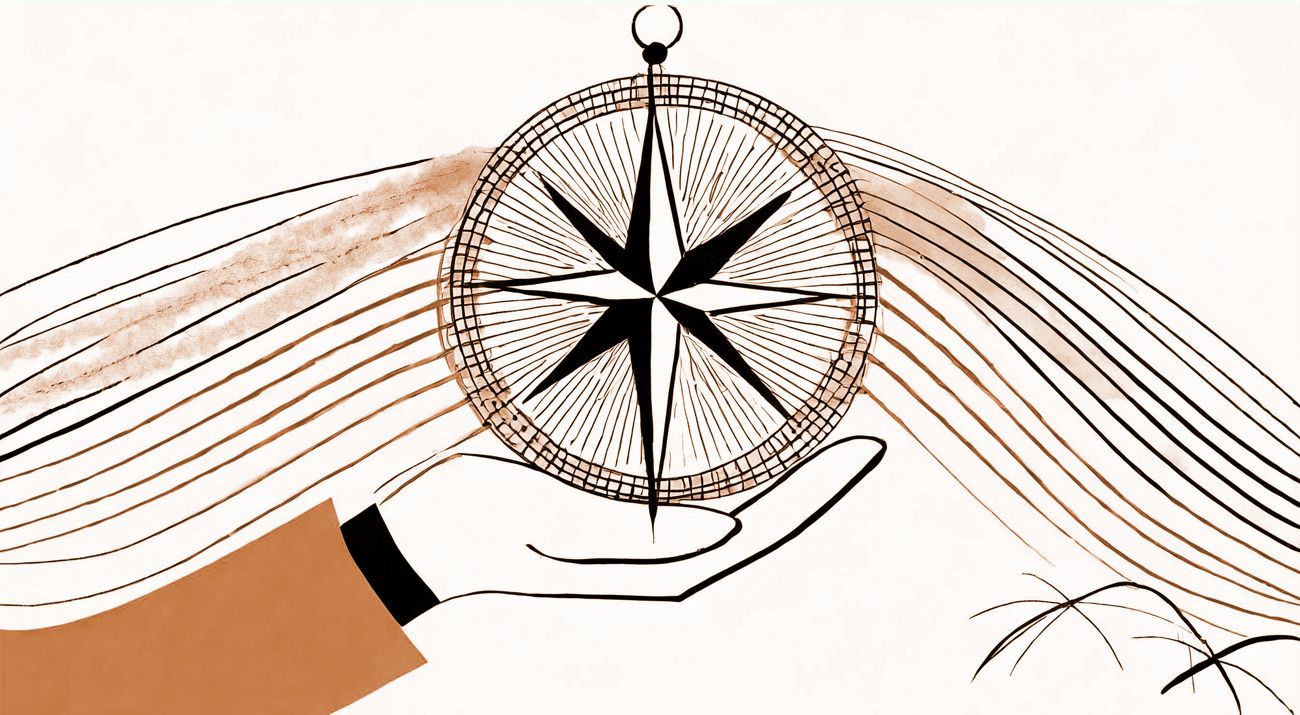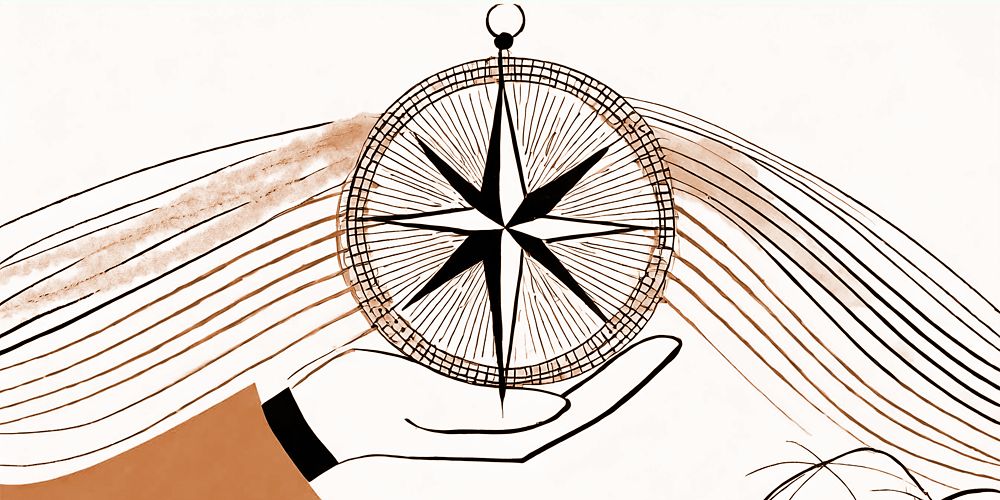Modules | Conservation by Design
Situation Analysis

Understand the system and identify leverage points for action
Jump to Module DocumentsMatching Solutions to Systems
About This Module
![]() Prep: 3 hr | Module: 9 hr
Prep: 3 hr | Module: 9 hr![]() Team: 5-10
Team: 5-10
The Situation Analysis module helps a conservation team gain a shared understanding of the challenges they are trying to address, as well as key elements of the socio-ecological system contributing to and affected by those challenges. This allows the team to identify potential leverage points for effecting change.
This module should be completed during initial strategy development, before developing a theory of change. However, it can be revisited at any time, especially when there are significant changes to external conditions, or the strategy isn’t working as expected.
Learn More
-
- A description of the current situation, including key challenges and factors leading to these challenges.
- A shared understanding of the relevant context and challenges.
- A list of key insights and intervention points to inform strategy development.
- A plan for filling knowledge gaps, incorporating additional perspectives, and revisiting and improving the situation analysis over time.
-
How do we ensure that our team has a common understanding of the context and challenges connected to our work?
How can we incorporate diverse perspectives in building a greater understanding of the context?
Does our team understand the range of drivers that are leading to the challenges?
How can we identify potential leverage points and opportunities where strategy intervention could be targeted?
-
The primary participants are the core planning team. The ideal group size is 5-10 people to incorporate multiple perspectives while also enabling all participants to fully engage. It is important to incorporate input from participants with a range of experiences and knowledge areas, to support a robust understanding of the system. If necessary, this can be achieved by collecting information from a broader set of people through interviews or other appropriate methods. Teams will also need a facilitator—ideally, someone from outside the planning team—who has completed training on this module.
-
This module includes three workshop sessions of 3 hours each (9 hours total). The strategy team lead and module facilitator should also expect to commit 2-4 hours of prep and wrap-up time. Additional time may be required for collecting input from interested parties and TNC staff outside the core planning team.
-
The Situation Analysis module should be completed after a team has a) a plan for engaging interested parties, b) alignment on scope, and c) clear conservation objectives. These prerequisites can be achieved by completing the Interested Parties, Planning Scope, and Defining Objectives modules.
-
This module follows a four-step process.
Describe and build an initial understanding of the current situation.
Consciously consider and incorporate different perspectives and revise accordingly.
Identify potential key leverage points.
Identify evidence gaps to address and any next steps.
Situation Analysis Module Documents
What documents are included in this module?
| Module Summary |
| Module Manual |
| Facilitator's Guide |
| Case Study |
| Mural Virtual Workspace |
| Scoping Call Template |
| Scoping Call Presentation |
| Module Walkthrough Video |
Looking for translated versions of this module?
Our modules have been translated to the six languages that TNC supports: Bahasa Indonesian, French, Portuguese, Simplified Chinese, Swahili, and Spanish. Click on the link below to access them.
Testimonials
“Working with the Conservation by Design Team on the Situation Analysis was an excellent experience. The facilitators were well prepared and did a fantastic job adapting to our team’s needs and adjusting the pace at which we went through the module. We completed the sessions with a better understanding of our work and our goals and clear next steps for continuing to move forward in our planning process.”
 — Kelsey Jessup,
— Kelsey Jessup,
Urban Conservation Project Director,
TNC California
We Would Love Your Feedback!
Your feedback is vital to helping us make the Conservation by Design modules more user-friendly and impactful. Please email conservationbydesign@tnc.org to share how we can improve our modules and our program.

